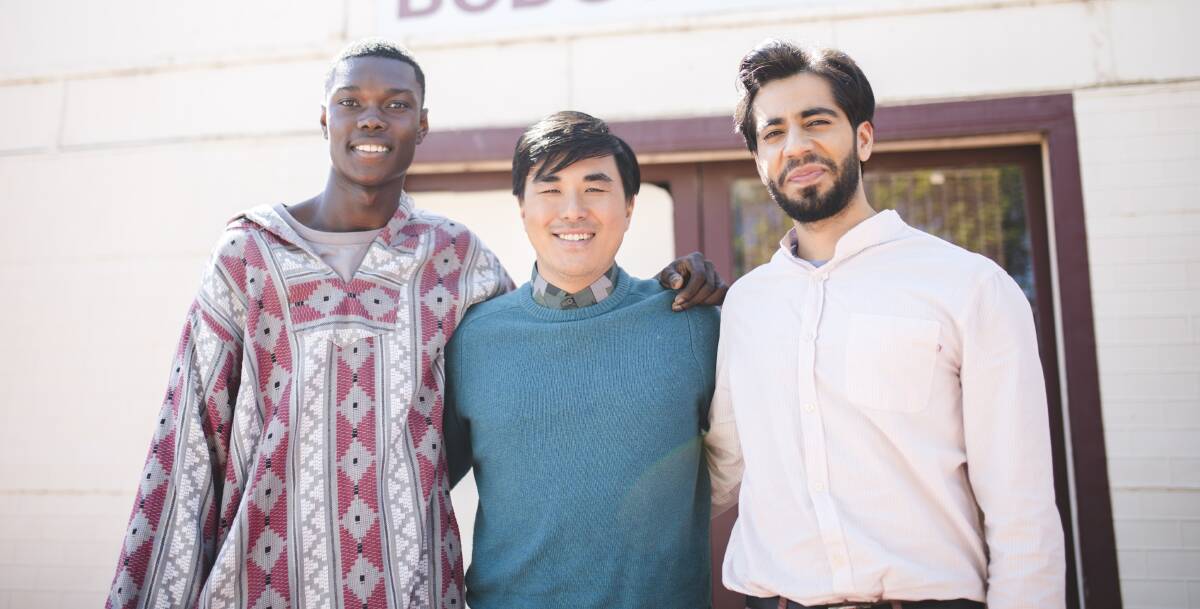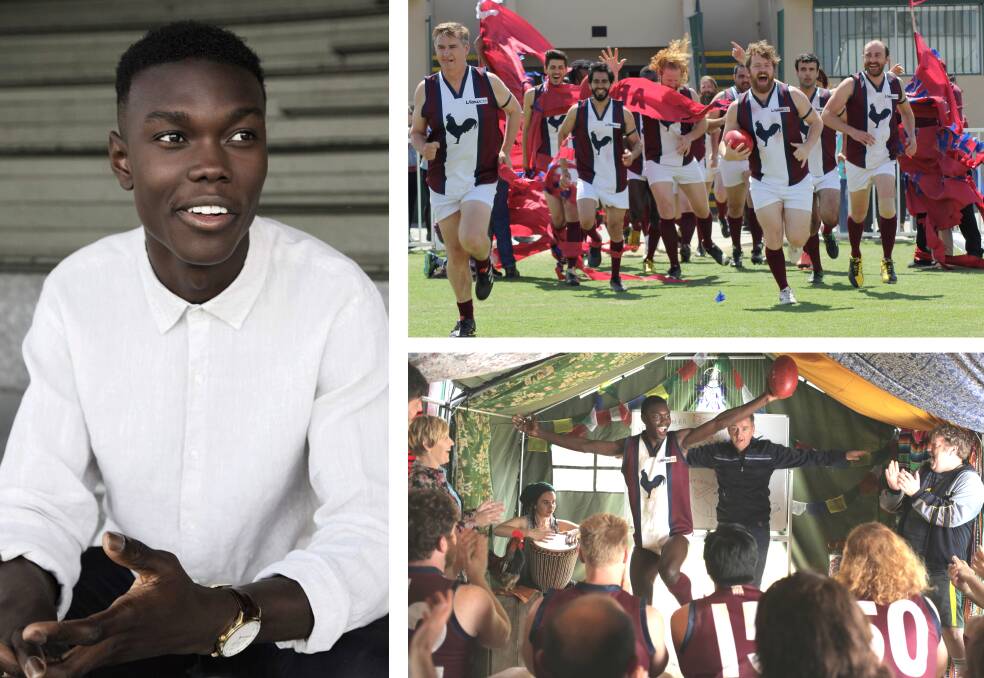
Francis Kamara came to Australia at age 8 with his mum not long after she fled war-torn Liberia and faced a hard life without prospects in Sierra Leone.
Subscribe now for unlimited access.
$0/
(min cost $0)
or signup to continue reading
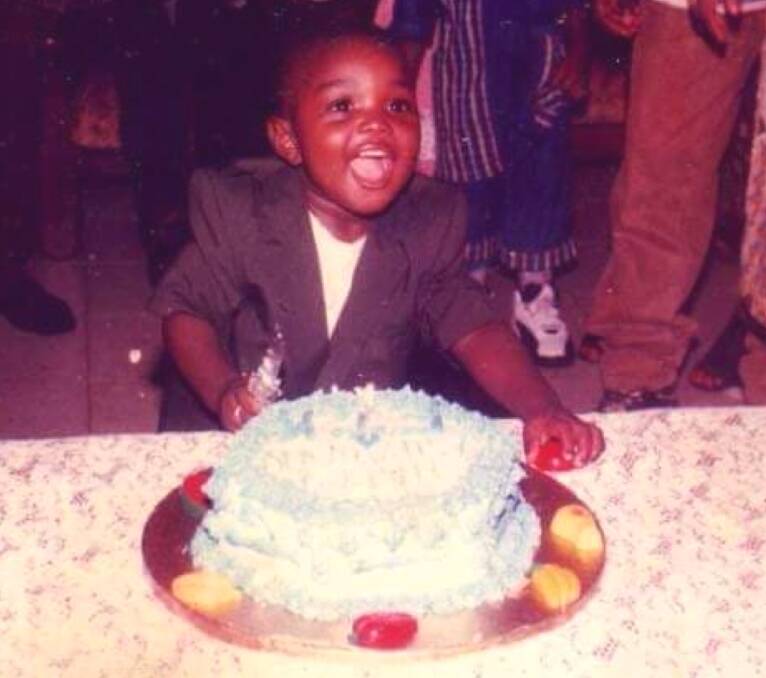
Kamara, now 21, is studying acting at Charles Sturt University in his adopted hometown Wagga Wagga where The Merger was shot.
He talked to us about his refugee experience and the issues raised in the film.
The movie also stars Damian Callinan, John Howard, Angus McLaren and Penny Cook and it opens on September 6.
What’s the film about? An AFL player has to retire due to injury and he goes back to his hometown. But he’s an outcast because he gave his town a bad name by not playing in the grand final. The local footy club isn't doing so well so he tries to rebuild it, but backlash from the locals forces him to build a team out of the town’s refugees.
So it’s more about the merger of the refugees into the community? Exactly. It was such a great opportunity to be offered the role in the film and to be part of this story on screen was just really amazing.
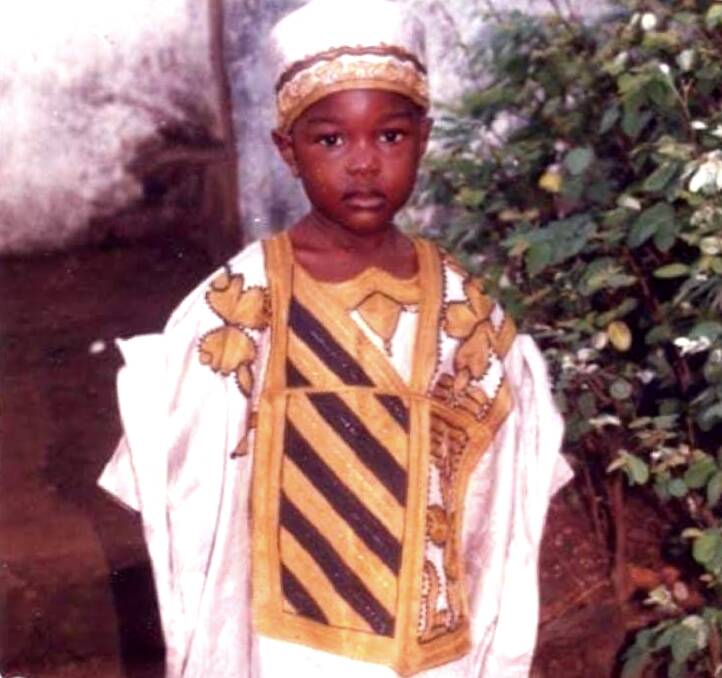
What do you remember about where you came from? I was born in Sierra Leone in 1997 and my mum came from Liberia. She was fleeing the war in Liberia to go to Sierra Leone where she met my dad and they had me, towards the end of the war. I wouldn't say I suffered as such. We weren't really poor – we could feed ourselves and that was the important thing. My mum worked so hard to get me into a private school, an English-speaking school. That's why I'm able to speak English so fluently. My mum used to give out lunch to some of the kids in our street who had nothing and whose parents couldn't support them. But it wasn't really safe for us to be there and mum had to find a way to get us out. That's why we went into the refugee program, to start a new life and look for something better to build from.
Why did your mum choose Australia? She didn't. Once you're accepted in the refugee program the next step is automatic and the Australian Government chose us.
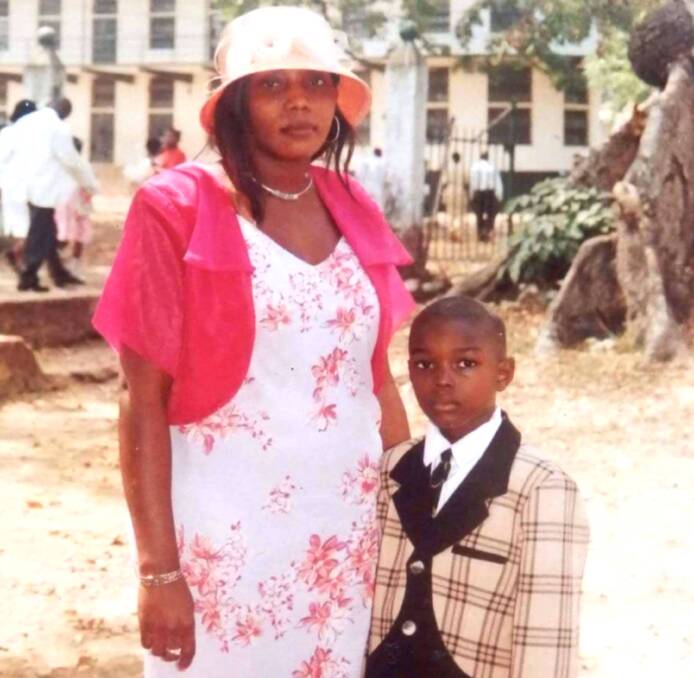
Did your friends also apply for refugee status? No, none of my friends were enrolled in the refugee program. Most of them had their mum and their dad to support them, but with me it was just my mum.
How long did the application process take? Years. I was young so I wasn't really aware of the timeline. I arrived here at 8. Coming over, I had no idea. I didn't know what Australia was or where it was. And when we came to Wagga I didn't know what Wagga was or where it was. It was a completely new world to me. When I first got here I don't remember much because it all happened so quickly, from leaving Sierra Leone, going through a few countries and getting to Australia. It was a lot to take in. But the one thing that stuck with me was how I was welcomed by the volunteers who worked in the multicultural program here. One lady in particular, Joanne, helped us so much, and still does. We still see her round today and she's been amazing. She was one of our carers. There were others as well.
What were the difficulties of fitting into the community here? It was more just coming from a different cultural background. It was hard to fit in at first because I didn't understand the culture here. I faced a bit of racism at the first school I went to and because of that I had to move school. I don't remember much of that time because I tried to leave it behind.
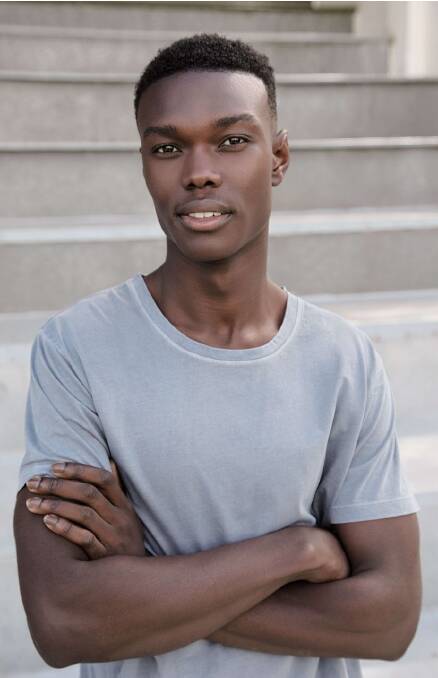
Was the racism in what the kids said or what they did? Not so much what they said, it was the act of not including me. You could tell they didn't want me around or to play with them. But occasionally in the line at lunch a few kids would come up and chat. They’d ask where I was from, be interested in me. It was lovely for them to come up. I became good friends with one or two. I faced a lot of racism with other kids and that led me to leaving and going to another school. I've sort of blocked that out of my head and I try not to be bothered about it.
Do you still experience racism? In a sense, yes. Some stories in the news give me a sense I don’t fit in. Not direct racism. I’ve felt it in the city or walking round town. I'm more comfortable now than when I was young.
For refugees to fit in both sides must make an effort. For sure. As refugees we must respect the land and the culture. That's the biggest thing. We’re now part of a land we’re not from. We must respect the rules here – as I would in my home country.
And get involved in as many activities as we can. Sport's great for that. And it's great this movie is based on AFL footy. Sport definitely brings people together here in Australia.
And what efforts must be made by people born here? It's the whole respect thing. Sure, we might be different in some ways, but not so much highlight the differences but pay attention to the similarities.
To fit in as a refugee you must get involved in as many activities as you can. Sport's great for that. Sport definitely brings people together here in Australia.
- Francis Kamara, actor
People have been really good to me here, so many things I'm grateful for. I'll never forget the little things. Like many times a family took me to soccer and basketball, took care of me and treated me as their own. They took me to games because mum was working so hard. They picked me up, fed me. Such kindnesses were extended to me. Even when I did my first show, Hairspray, at 13. The kindness of saying "Well done!" That’s big for me.
How well do we accept people who are different? Much better than in the past, I think. Of course there are some bumps here and there. We're getting good at respecting people, no matter where they're from.
